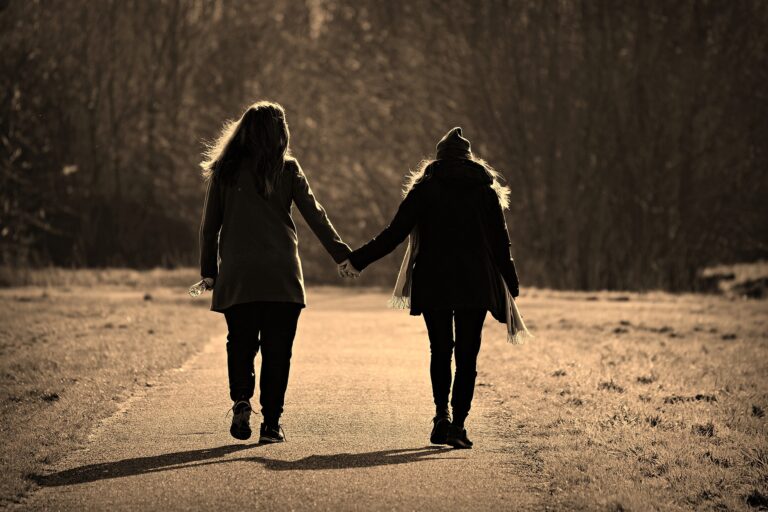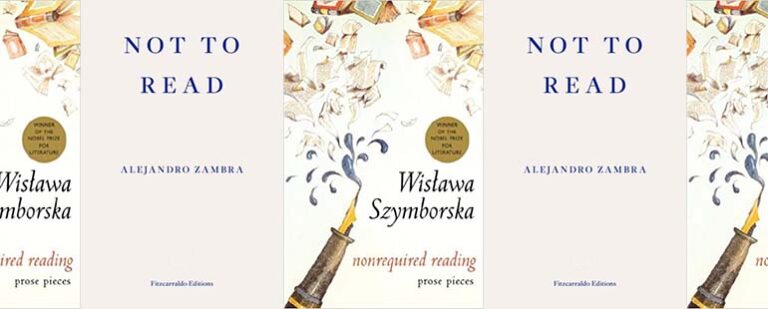Round-Down: Is the “Most Challenged Books of 2014” List Real?
As anyone ever tasked with disciplining a child (or heck, even anyone who has ever been a child) can attest, telling someone they are forbidden from accessing something only makes that person more likely to want that particular thing. Case in personal point: when I was about thirteen, my parents came home from a trip with a special gift for me: the newest edition of the Harry Potter series. But I was not, they said, allowed to read it until the weekend, because it was a school night and already late and I needed to get to bed. Instead, I waited until they went to bed and snuck the book into my closet with a flashlight and read until I couldn’t keep my eyes open anymore.
Such is the psychology behind American Library Association’s annual Banned Books List, the most recent of which came out last week during National Library Week. The list helps the ALA draw attention to censorship efforts in communities across the United States (Harry Potter was once on the list), and, in some ways, helps promote the targeted titles in such a way that counteracts the efforts to censor them. Book are ranked, according to the ALA, by how many formal challenges are lodged against them in community or individual efforts to remove them from libraries.
Sherman Alexie, author of 2014’s most challenged book, The Absolutely True Diary of a Part-Time Indian, tweeted that he was proud to top the list. And no wonder, since some articles have pointed out the usefulness of a book receiving the “banned” label.
Another controversial title from 2014 includes And Tango Makes Three, a children’s book by Justin Richardson and Peter Parnell about two male penguins who find and adopt a baby penguin. It’s, as Leslie Knope would say, “cute.” Leslie Knope, for those poor, confused, deprived people who are as of yet unaware, is the protagonist of the hit show Parks and Recreation who works as a dedicated government bureaucrat passionately fighting for what she believes in. In one episode, she accidentally marries what turn out to be two male penguins in order to promote attendance at the local zoo. When she comes under fire from the Society for Family Stability Foundation, Leslie is only that much more determined to stand by her actions.
It is quite possibly because of the extra publicity banned books receive that conservatives like Dan Kleinman, self-appointed library “watchdog” and patent lawyer and founder of the Safe Libraries organization, are upset. Kleinman went as far as to accuse the ALA of faking their banned books list back in 2010, when Tango first appeared on it. He is quoted in this article saying he has no doubt, given evidence he had provided earlier, that the list is suspect this year. His “evidence,” as listed on his blog, is that he overheard another top-ten-banned-book author, Amy Sonnie, say that she was told by an ALA representative that her book only received a few challenges, but that because it was banned from a library, it merited a spot on the list. Sonnie’s book, Revolutionary Voices, is an anthology for and by queer youth. Kleinman then claims to have called the ALA and have gotten a representative to tell him And Tango Makes Three only received four challenges in 2010. (And I’ll tell you what, even if that’s true, that’s still four times more intolerance than I’m comfortable with).
His grief with the ALA is varied and long-winded and for the purposes of this article I won’t get into it beyond the banned books. I started to try to unravel the method to his madness by reading blog upon blog (funny fact: Kleinman believes that blogging makes him a journalist. In his “about me” section he calls himself a journalist and links to this piece that references an appeals court case that ruled some blogs are media and states that journalism is what one does not what one is. I told this to my journalist boyfriend, and we had a good laugh. I mean, I can cook reasonably in my home but that by no means automatically makes me a chef). And while in certain cases I found Kleinman laudable (he championed a woman’s right to breastfeed in one library, and is in favor of stamping out library computer’s access to hard-core pornography), in others, I found his zealous insistence that the ALA’s banned books list is a lie and is therefore harmful to children puzzling. He claims elsewhere on his site that the banned book list is used to propagate the ALA’s “anything goes agenda” and that such so-called false reports of gay friendly texts being on the challenged “exaggerate” LBGTQ discrimination and that such exaggeration leads to more suicides.
I would like to know what world Kleinman is living in. It’s clearly not the same world where recently proposed legislation in Indiana sought to allow discrimination under the guise of religious freedom. I also find it abhorrent for one to suggest that gays commit suicide because discrimination is “exaggerated,” rather than because it is a lived part of his/her existence. What troubles me the most about arguments like Kleinman’s, however, is the assumption that there is such a thing as the gay agenda. As if homosexuality is something you could catch, or be infected with. As if homosexuality were porn. And as I type these things, I remember grimly that it wasn’t that long ago that those beliefs were written into our country’s laws.
As a report written by author Malinda Lo points out, eighty percent of the most challenged titles from the last fifteen years are either by and/or are about minority issues. According to Lo’s analysis of the challenges recorded by the ALA regarding books, the majority of the reasons challengers gave for wanting a particular book banned were smokescreens for the discomfort in encountering non-white, non-heterosexual narratives. The ALA upholds this report as consistent with its findings.
So, even if Kleinman is correct that the numbers don’t quite add up for one or two titles, that doesn’t statistically change the fact that well over half of the challenged books in the last decade-and-a-half have to do with the minority experience. Which is to say that we, as readers and as a nation, still have a ways to go in terms of expanding our tolerance—of expanding our empathy for and understanding of non-white, non-heteronormative stories. Though one can naively hope, I guess (or fear, if you side with Kleinman), that such efforts to censor only backfire and bring more readers to these narratives, thereby helping those people to flex their empathy muscles.
What makes the littlest amount of sense to me is the act of book-banning in general. If you don’t want your kid to read a particular book, and you feel that strongly about it–fine, that is your right as a parent, but to deny everyone in your community the right to read it feels not only fascist, but also fruitless. I mean, you’re probably just going to find your kid hidden in his/her closet reading it anyway.


